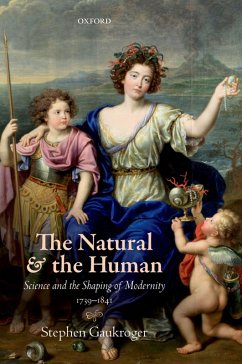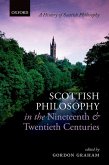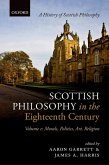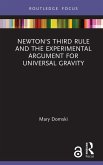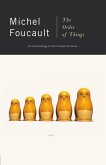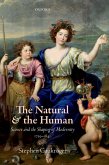Stephen Gaukroger presents an original account of the development of empirical science and the understanding of human behaviour from the mid-eighteenth century. Since the seventeenth century, science in the west has undergone a unique form of cumulative development in which it has been consolidated through integration into and shaping of a culture. But in the eighteenth century, science was cut loose from the legitimating culture in which it had had a public rationale as a fruitful and worthwhile form of enquiry. What kept it afloat between the middle of the eighteenth and the middle of the nineteenth centuries, when its legitimacy began to hinge on an intimate link with technology? The answer lies in large part in an abrupt but fundamental shift in how the tasks of scientific enquiry were conceived, from the natural realm to the human realm. At the core of this development lies the naturalization of the human, that is, attempts to understand human behaviour and motivations no longer in theological and metaphysical terms, but in empirical terms. One of the most striking feature of this development is the variety of forms it took, and the book explores anthropological medicine, philosophical anthropology, the 'natural history of man', and social arithmetic. Each of these disciplines re-formulated basic questions so that empirical investigation could be drawn upon in answering them, but the empirical dimension was conceived very differently in each case, with the result that the naturalization of the human took the form of competing, and in some respects mutually exclusive, projects.
Dieser Download kann aus rechtlichen Gründen nur mit Rechnungsadresse in A, B, BG, CY, CZ, D, DK, EW, E, FIN, F, GR, HR, H, IRL, I, LT, L, LR, M, NL, PL, P, R, S, SLO, SK ausgeliefert werden.

